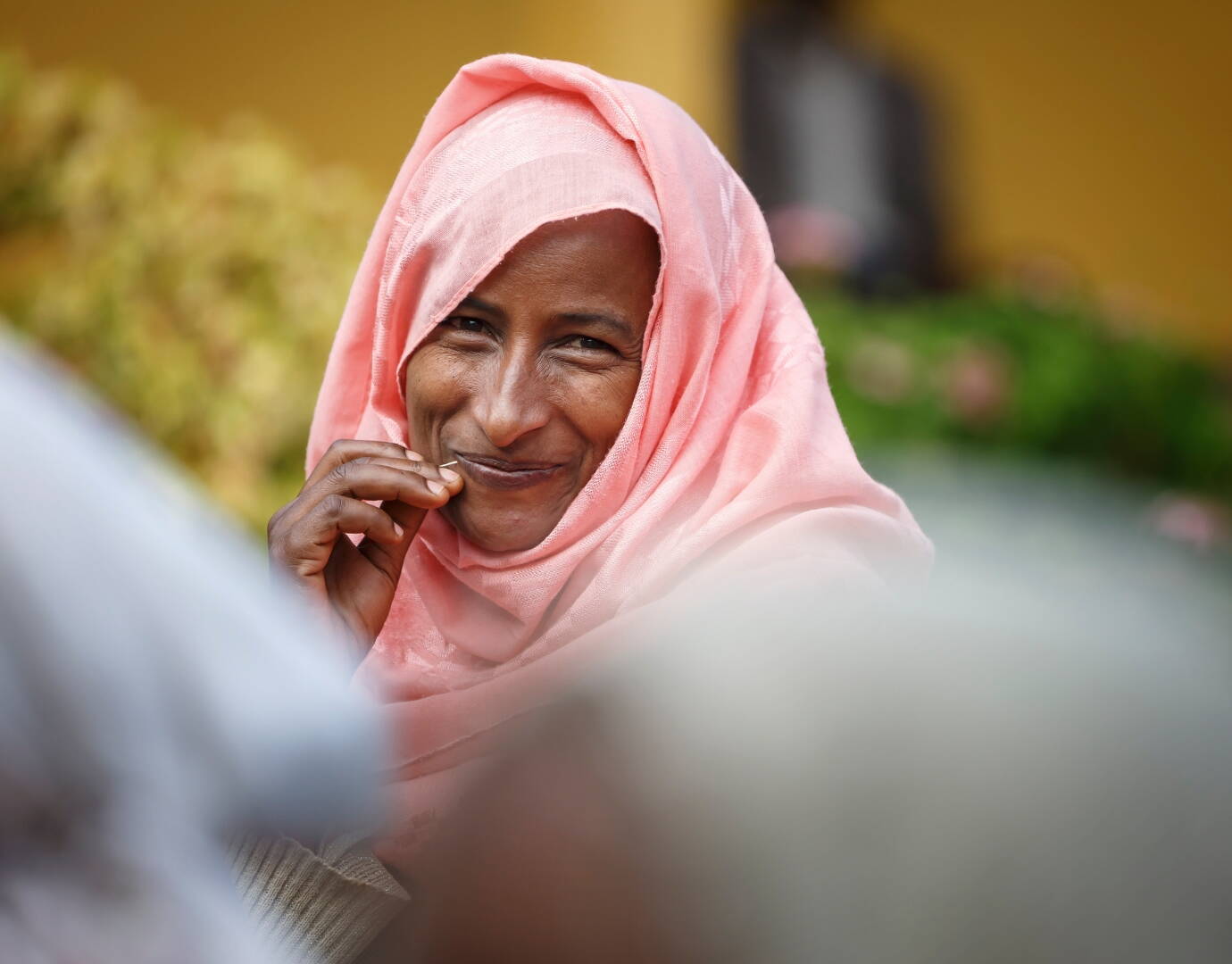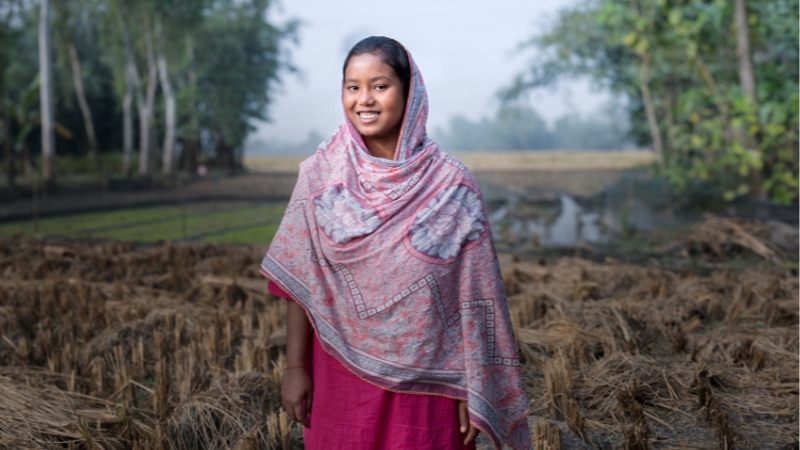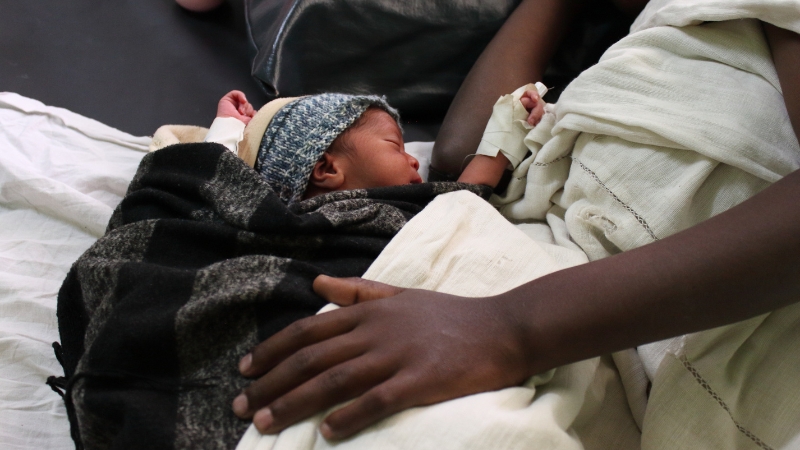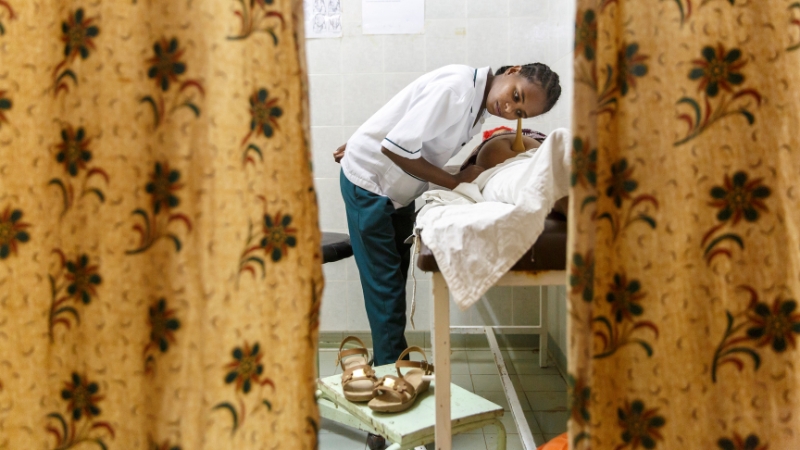
Wir stehen ein für eine Welt, in der Gesundheit und Selbstbestimmung für alle selbstverständlich sind. Hilfst du mit?
Was wir gemeinsam bewirken

Frauen brachten 2024 ihre Kinder medizinisch gut begleitet zur Welt.
11554

Frauen besuchten 2024 dank Stipendien ein Hebammenstudium.
93

Frauen mit Geburtsverletzungen erhielten 2024 eine heilende Operation.
746

Menschen tauschten sich 2024 zum Thema geschlechtsspezifische Gewalt aus.
48279
Engagiere dich mit uns in Ländern mit einer hohen Müttersterblichkeit
Afghanistan
Seit Jahrzehnten kämpfen afghanische Frauen um ihre Rechte – die Rückkehr der Taliban hat ihre Lage nochmals massiv verschärft. Mit einem niederschwelligen Ansatz unterstützen wir sie dabei, ihren Handlungsspielraum zu erweitern.
Äthiopien
Der Zugang zu Rechten und medizinischer Versorgung ist für Frauen in Äthiopien prekär, bewaffnete Konflikte verschärfen die Lage zusätzlich. Deshalb setzen wir uns umfassend für die Gesundheit und für die Rechte von Mädchen und Frauen ein.
Bangladesch
In Bangladesch sind Mädchen besonders verletzlich: Viele werden früh verheiratet und haben kaum Zugang zu Bildung oder medizinischer Versorgung. Wir setzen uns deshalb für selbstbestimmte Frauen und eine starke Gesundheitsversorgung ein.
Tschad
Das ohnehin schwache Gesundheitssystem im Osten des Tschad steht aufgrund von sudanesischen Kriegsvertriebenen unter enormem Druck. Wir stärken die Gesundheitsversorgung, leisten Nothilfe und unterstützen Frauen mit Geburtsfisteln.

© Hanspeter Bärtschi/WHI







